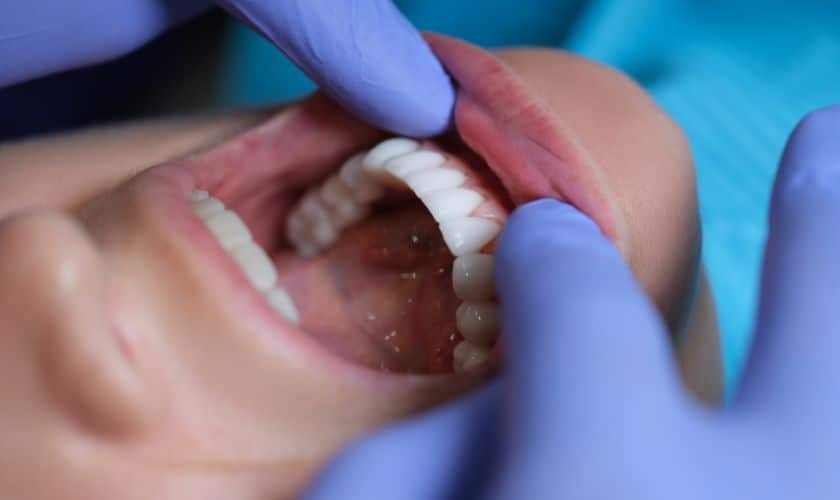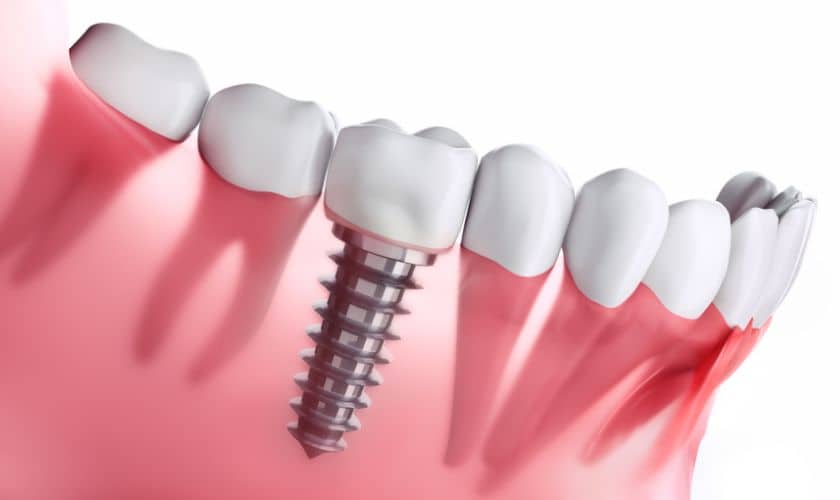You can usually gauge the severity of tooth decay by the amount of discomfort it causes your tooth. Slight tooth sensitivity could mean that the enamel around your teeth is compromised, and a cavity is bound to grow (if it hasn’t already) unless you seek treatment as soon as possible. On the other hand, a severe, debilitating toothache can mean that decay has progressed enough to threaten your tooth’s existence. Extreme tooth decay can result in irreversible damage to your tooth. If the infection spreads, or your tooth develops an abscess, then the surrounding jawbone and gum tissue can suffer, as well.
Stages of Tooth Decay
Technically speaking, tooth decay is a bacterial infection in your tooth’s structure, and a cavity is the hole that forms in your tooth as the infection progresses. When bacteria slip past acid-damaged enamel, the infected dentin underneath enamel sends sensory information to the roots and blood vessels (pulp) at the center of your tooth. If the infection reaches the pulp, then Dr. Wright or Dr. Heron may have to perform a root canal treatment to save the tooth and stop the spread of decay.
When a Tooth Abscesses
If tooth decay advances enough, your tooth may develop an abscess, or a pocket of infected pus that can cause excruciating sensitivity, along with a host of other symptoms. Root canal therapy can treat some abscesses after the pocket has been drained, but often, abscessed teeth require extraction to prevent damage to your gums and/or jawbone.
Symptoms that Your Tooth is Abscessed
Regardless of its severity, a toothache should prompt you to seek dental treatment as soon as possible. If your tooth is abscessed, a severe toothache can also be accompanied by
- fever
- swelling in your face/cheek
- tender, sore, swollen lymph nodes in your neck, or under your jaw
- persistently bad breath (halitosis)
If the abscess ruptures, you may experience a sudden release of foul-smelling and equally-foul-tasting fluid, as well as relief from the pain. However, pain relief doesn’t mean your tooth is healing; on the contrary, a ruptured abscess can spread infection more quickly throughout the gums and jawbone supporting the decaying tooth.
About Your Southlake Dentists:
As a native Texan, Dr. Gregory Wright opened his private practice in Southlake, TX in 1992. He and Dr. Victoria Heron are happily accepting new patients from Southlake, Grapevine, Keller, Trophy Club, Colleyville, and all surrounding communities. To learn more, call our office today at (817) 481-7999.





